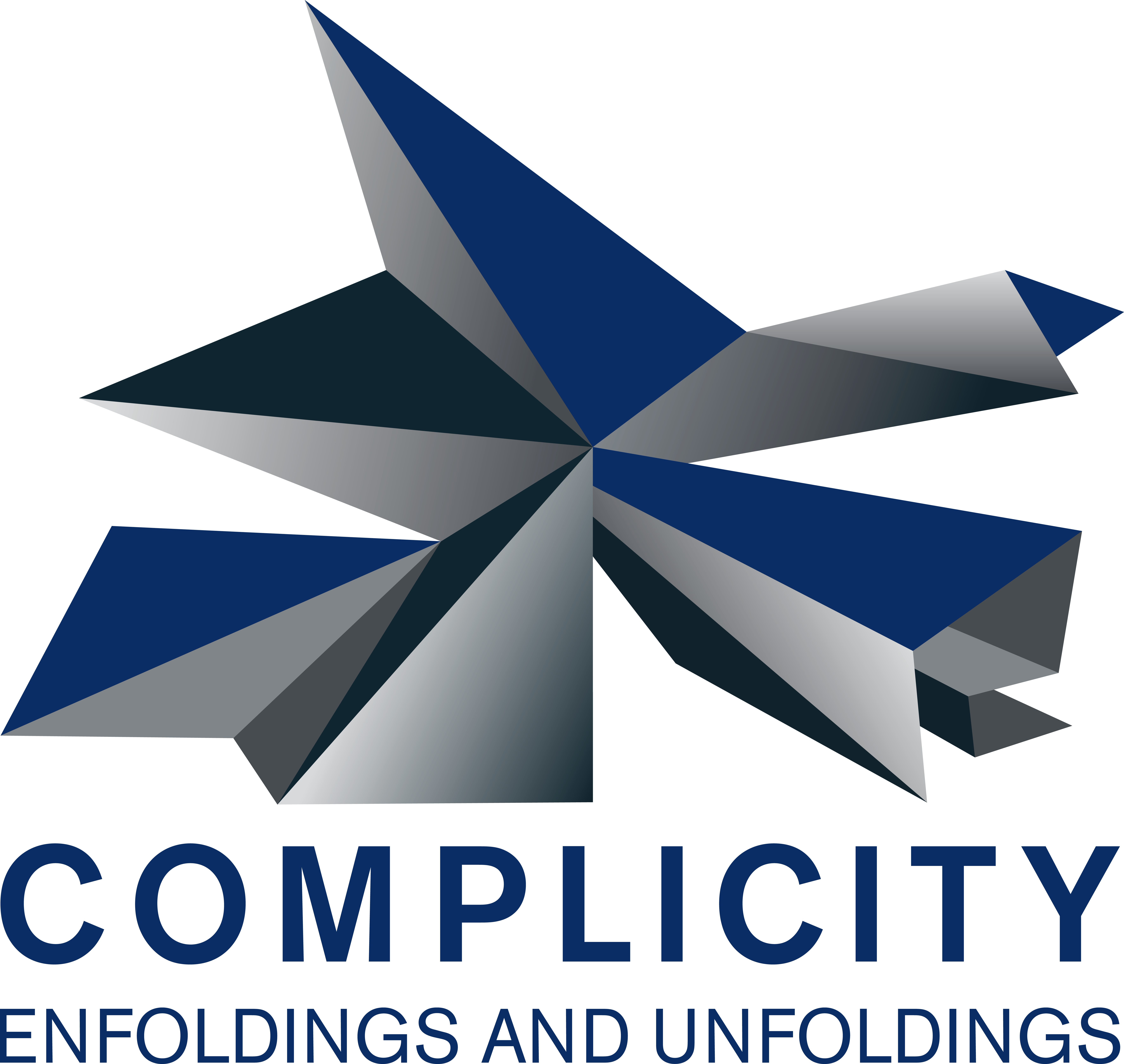DFG Network Complicity: Enfoldings and Unfoldings
- Principal investigator and project coordinator:
Prof. Dr. Cornelia Wächter - Funding Agency: German Research Foundation (DFG)
Network description:
In 2000, Christopher Kutz opens “Complicity”, the first philosophical monograph on the subject with the following words: “We live in a morally flawed world. Our lives are complicated by what other people do, and by the harms that flow from our social, economic, and political institutions. Our relations as individuals to these collective harms constitute the domain of complicity” (1). According to Thomas Docherty (2016), in the neoliberal present, the situation is exacerbated by the fact that people, rather than recognising their own responsibility, are invited to consider themselves accountable only. At the same time, the need for individuals to examine their own relation to collective harm could hardly be more pressing than in the face of the impending climate catastrophe. Whereas pointing to the relevance of exploring complicities in collective wrongdoing has a long tradition, the thorough scrutiny of the concept has been a very recent endeavour. In 2015, Debarati Sanyal still rightly attests to the “relative paucity” of theorisations of the subject, but 2016 saw the burgeoning of what might be called the field of complicity studies. Within literary and cultural studies, as Joel Pfister observes (2000), complicity critique (i.e. the unmasking of authors’, producers’, texts’, readers’ and audiences’ complicity with dominant ideologies and structural injustice), had become a research paradigm by the end of the twentieth century. Nevertheless, Pfister’s work remains an exception to a general lack of explorations of the concept as such, and complicity critique has not been brought into dialogue with current work on complicity in other disciplines. The aim of the proposed network is, therefore, to engage with recent research on complicity in legal and moral philosophy, as well as in related fields, and adapt it to and appropriate it for the study of literature and culture. We, moreover, aim, in turn, to explore what scholarship on complicity within literary and cultural studies can contribute to negotiations of complicity in other fields.
Taking our cue from Mark Sanders (2002) and John Storey (2019), we consider complicity in light of its etymological roots as “foldedness” or “folding together”. “Foldedness” may, for instance, denote being enfolded in a social construction of reality that presents alternatives to structures perpetuating and naturalising social and ecological injustice as utopian and unrealistic. It can also serve to highlight that complicity and commitment are frequently ‘folded up’ in one another. Moreover, as various concepts central to cultural studies, such as Gramsci’s hegemony, emphasise, social oppression relies on the complicity of the oppressed and the roles of perpetrator and victim may thus be ‘folded into one’. Last, but not least, we will explore ways of overcoming complicity and ways in which literary and other narrative texts may facilitate what Storey calls a “radical unfolding” (2019).
